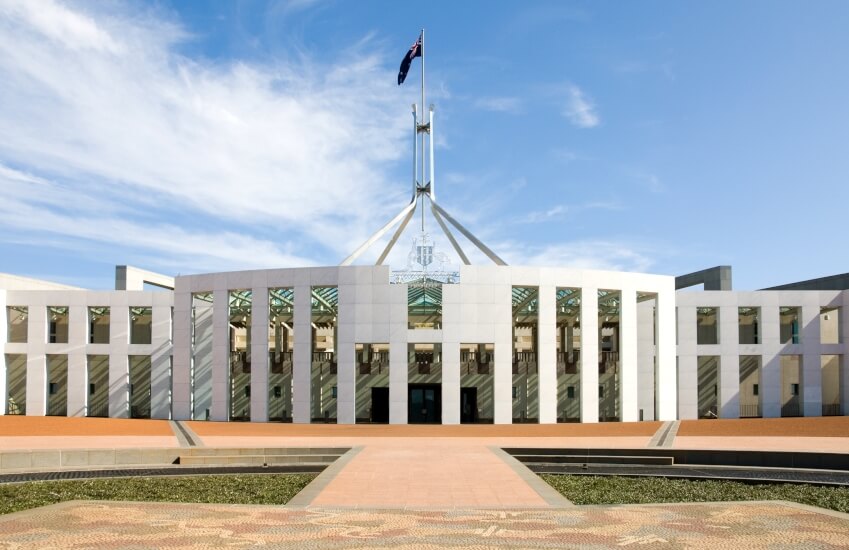Government looks to modernise SMSF record keeping
SuperAs part of a consultation, the government is exploring whether certain restrictions under the SIS Act which prevent electronic signatures and records being retained in electronic form should be removed to ease the regulatory burden for SMSFs.

The government this week released its consultation paper on modernising business communications, which is aimed at identifying what types of business communications would benefit from technology neutrality changes, particularly those that lower compliance costs.
The consultation paper noted that while the Electronic Transactions Act 1999 (ETA) allows information to be recorded or retained in electronic form, there are exemptions in a number of Treasury acts including the Corporations Act 2001 and most of the Superannuation Industry (Supervision) Act 1993 which prevent this.
The government is proposing the removal of these exemptions to the ETA which are in place for certain provisions so that records can be stored by any means as long as the information is readily accessible, in a format that can be easily reused and where the integrity of the information can be maintained over a relevant period.
The consultation paper gave the example of Regulation 13.18AA of the Superannuation Industry (Supervision) Regulations 1994, which prescribes how certain kinds of assets held by SMSFs can be used or stored, which broadly include artwork, jewellery, antiques and similar items.
“Among other things, it requires trustees to make written records of decisions about the storage of these assets and retain these records for at least 10 years,” the consultation paper explained.
“As the Superannuation Industry (Supervision) Regulations 1994 (SISR) is exempt from the application of the ETA, this requirement can only be satisfied by a physical written document. This approach can be costly and imposes a greater regulatory burden than if the person was able to record and store the information electronically.”
As part of the consultation, the government is also exploring the removal of provisions in Treasury laws that require a physical signature and do not allow for the use of electronic means of identification and verification of agreement.
The consultation paper noted that there are also other requirements connected to signatures, including that the signature be witnessed. While such requirements are less common, they can require the witness to be physically present for the signing of the document.
“Earlier this year, the government provided temporary relief for companies to electronically execute documents as part of the COVID-19 economic response. This allowed companies to execute documents without a seal or physical signature,” the paper stated.
The government has also recently consulted on exposure draft legislation, which proposes permanent amendments to the regulatory requirements related to the execution of documents for companies in section 127 of the Corporations Act 2001, and the use of electronic means to sign documents related to a meeting or the external administration of a company in chapters 2G and 5 of the Corporations Act 2001.
In the consultation released this week, the government said it plans to adopt an overarching principle that technology may be used to verify a person’s identity and receive their agreement, provided that the electronic method used provides at least the same level of validity as a physical signature.
The consultation paper noted that under the SISR, death benefit nominations need to be signed by the member.
“As the Superannuation Industry (Supervision) Regulations 1994 is exempt from the application of the ETA, this requirement can only be satisfied by providing a physical signature,” it stated.
“Applying the proposed principles could involve removing the current exemption to the ETA from the Electronic Regulations 2020, allowing the use of alternative forms of identity verification and agreement. Importantly, any alternative form adopted must provide a clear indication that the signatory has understood and assented to the nomination and address risks of fraud or misuse.”
In a public release, Treasurer Josh Frydenberg said the COVID-19 pandemic demonstrated the importance of technology in supporting Australia’s ability to adapt and respond during the crisis.
“Reforms to make our laws more technology neutral will reduce unnecessary costs and burdens on Australian businesses and support Australia’s economic recovery,” Mr Frydenberg said.




